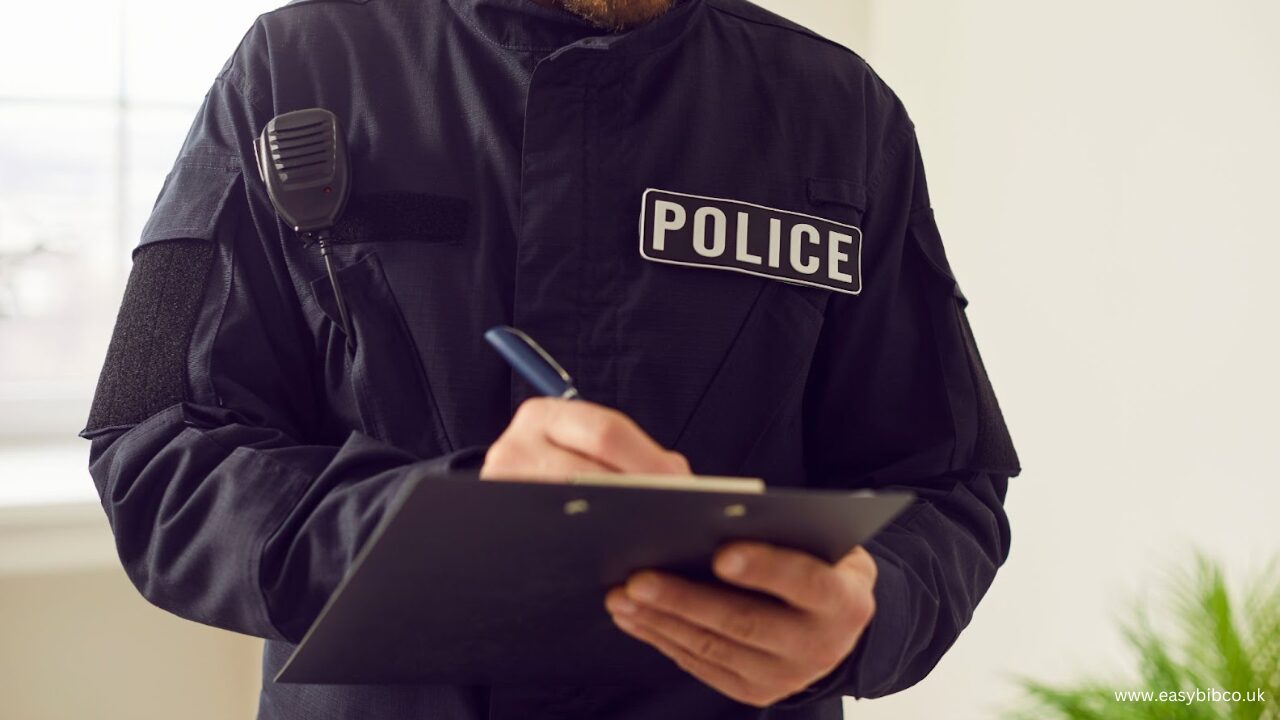Is a Police Report Public Record?

Have you ever needed a police report? Maybe you were involved in a minor fender bender and needed the official documentation for insurance purposes, or perhaps you’re just curious about an incident in your neighborhood. However, is a police report public record? The answer isn’t as simple as it seems, and several factors come into play.
While the idea of “public records” suggests open access, the reality of obtaining a police report is often far more nuanced.
This article will discuss the intricacies of police report accessibility and the many factors determining whether you can obtain the information you want.
What Defines a “Public” Record?
A public record is any document or piece of information created or maintained by a government agency, including records about a person’s personal information. Examples include birth certificates, property deeds, meeting minutes, and police reports. The underlying principle behind making these records public is transparency.
The government must ensure that the public can access information about its operations. This access allows the public to hold elected officials and government agencies accountable, understand their decisions, and participate fully in the democratic process.
The Freedom of Information Act (FOIA) is a prime example of legislation designed to give people access to government records in the United States. It grants people the right to request access to government records, though, as you’ll see, there are limits to this.
FOIA and similar laws in other jurisdictions recognize people’s right to know. However, they also acknowledge that this right must be balanced against other vital interests, such as individual privacy, national security, and the integrity of ongoing investigations. Thus, the issue of public access to records, specifically police reports, is rather complex.
Reports involving closed or solved cases are generally more likely to be accessible than those about ongoing investigations. If an arrest has been made and the case has gone through the court system, the report is often considered part of the public record, though some details might still be redacted.
Conversely, if the police are still actively investigating a crime or the report involves sensitive information, such as the identity of a confidential informant or a juvenile, it’s less likely to be readily available.
How You Can Get a Police Report
Before starting, you must ensure that the police report you need is publicly accessible. Now that you have that sorted, how do you get it? The first step is to identify the specific report you’re looking for.
This usually means having key information on hand, such as the case number, the date and approximate time of the incident, and the location. The more information you provide, the better.
Once you have this information, contact the law enforcement agency that created the report. Depending on the nature of the incident, this could be the local police department, the sheriff’s office, or even a state or federal agency. You’ll often find contact information for these agencies on their websites.
When you make your request, be prepared to be specific. Don’t just ask for “any police report.” Clearly state that you are requesting a particular report and provide the identifying information you’ve gathered.
You might need to provide information about yourself, such as your name, address, and phone number, and explain why you request the report.
You may also incur fees here. These fees can vary depending on the jurisdiction and the size of the report. Be sure to inquire in detail about any applicable fees before you submit your request so you’re not caught off guard.
Finally, be patient. It can take time for law enforcement agencies to process record requests. They may need to review the report to ensure no exempt information is released. If portions of the report are exempt from disclosure, they will likely be redacted, meaning the sensitive information will be blacked out. If your request is denied, you may have the right to appeal the decision, so be sure to ask about the appeals process if necessary.
We also suggest trying an online public records search if you’re looking to find a police report tied to a specific person. Enter their full name on the site, and you’ll gain access to various documents related to them.
READ MORE
The Complexity Around Police Reports
Whether a Police Report Public Record is accessible isn’t as straightforward as a simple yes or no. There’s a patchwork of laws and regulations that vary depending on where you are and the specific circumstances of the report.
The principle of public access is undoubtedly essential, but it must be balanced against protecting individual privacy, safeguarding ongoing investigations, and maintaining public safety.
Remember to be well-informed about your rights and any information related to the case to have the best chance of obtaining the police report.
